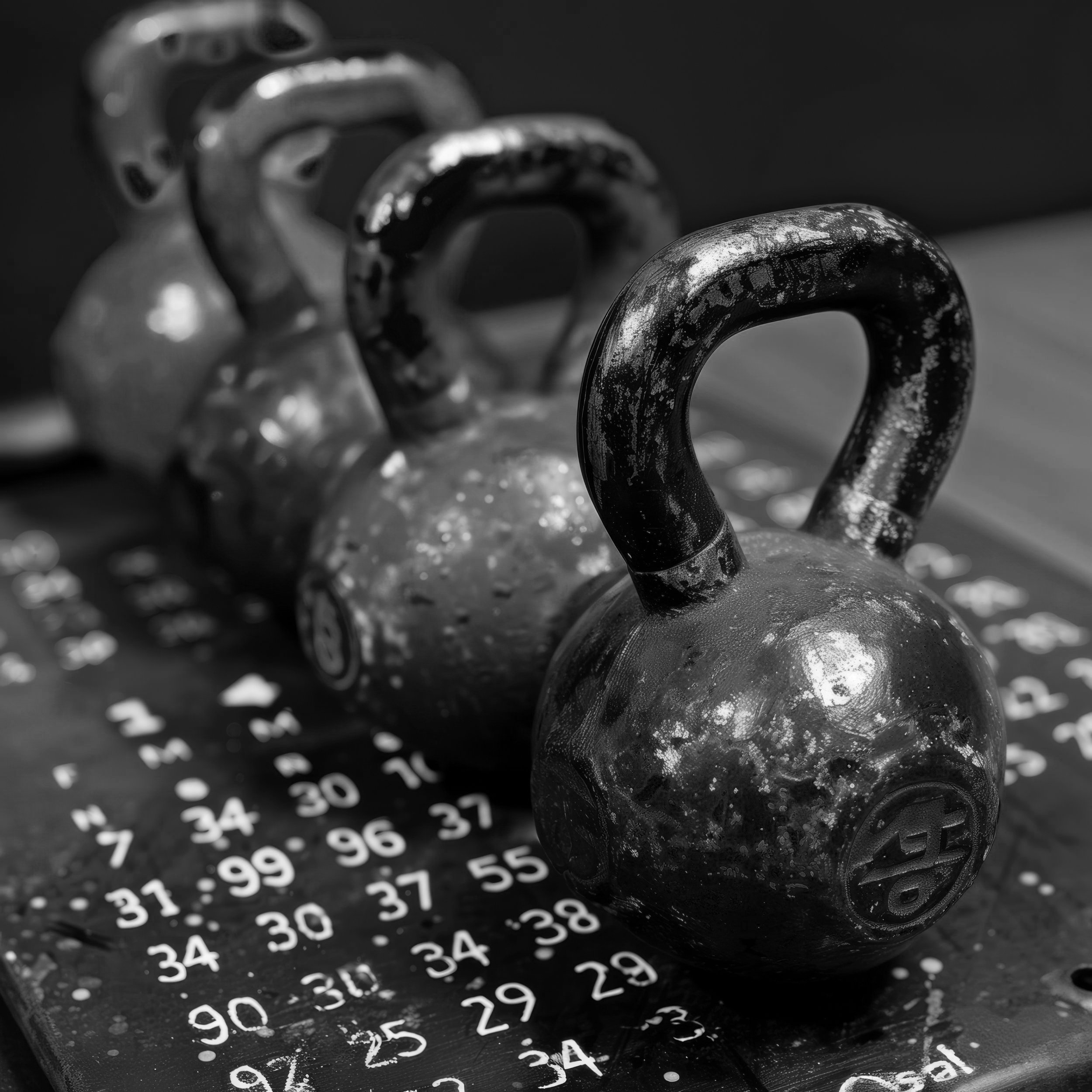Boosting Kettlebell Performance: Safe and Effective Supplements for Stamina and Muscle Growth
Hello, friend! Hey, we know Kettlebell training is a powerhouse of functional strength, endurance, and explosive power. To maximize these benefits, combining a solid workout routine with targeted nutrition, including supplements, can help you reach your peak performance. This article explores the most effective and safe supplements to enhance kettlebell stamina and muscle growth, offering detailed insight, analysis, and a 30-day supplementation plan.
The Role of Supplements in Kettlebell Training
Supplements are designed to fill the gaps in your diet, providing the necessary nutrients to support muscle growth, endurance, recovery, and overall health. For kettlebell athletes, the focus should be on enhancing muscular endurance, supporting recovery, and improving cardiovascular stamina. Below are the top supplements that meet these needs.
Key Supplements for Kettlebell Training
1. Creatine Monohydrate
Creatine is one of the most researched and proven supplements for enhancing muscular strength, power, and endurance. It helps replenish ATP (adenosine triphosphate), the energy currency of the cells, allowing you to push harder during high-intensity kettlebell sessions.
Dosage and Schedule:
Loading Phase (Day 1-5): 20 grams per day, split into four 5-gram doses.
Maintenance Phase (Day 6-30): 5 grams per day, taken post-workout.
The loading phase saturates your muscles with creatine, optimizing your body's energy systems for maximal performance during intense kettlebell workouts. Continuing with a maintenance dose ensures sustained benefits without overloading the kidneys.
2. Beta-Alanine
Beta-alanine is a non-essential amino acid that increases carnosine levels in muscles, which helps buffer acid build-up during intense exercise. This delay in muscle fatigue allows you to extend your kettlebell sessions, improving both stamina and endurance.
Dosage and Schedule:
Daily Dose (Day 1-30): 3.2-6.4 grams per day, split into two doses.
Regular intake of beta-alanine can lead to a noticeable improvement in performance during high-rep kettlebell exercises by reducing muscle fatigue. This supplement works best when taken consistently over a period of time.
3. Citrulline Malate
Citrulline malate is an amino acid that boosts nitric oxide production, improving blood flow, oxygen delivery, and nutrient supply to muscles. It’s particularly effective in enhancing endurance and reducing fatigue during prolonged kettlebell workouts.
Dosage and Schedule:
Daily Dose (Day 1-30): 6-8 grams taken 30-60 minutes before your workout.
Citrulline malate is beneficial for both anaerobic and aerobic activities. It enhances muscle endurance, making it an excellent supplement for kettlebell workouts that require sustained effort.
4. BCAAs (Branched-Chain Amino Acids)
BCAAs (leucine, isoleucine, and valine) are critical for muscle protein synthesis and reducing muscle soreness post-exercise. They also help in maintaining muscle mass during calorie deficits, which can be useful for athletes focusing on fat loss.
Dosage and Schedule:
Pre/Intra/Post-Workout (Day 1-30): 5-10 grams taken during or after your workout.
BCAAs are effective in reducing muscle damage and speeding up recovery, allowing you to train more frequently with kettlebells without risking overtraining. They also provide an energy source during prolonged sessions.
5. Fish Oil (Omega-3 Fatty Acids)
Fish oil is rich in omega-3 fatty acids, which reduce inflammation, enhance recovery, and support joint health. This is crucial for kettlebell training, where joints are often under significant strain due to dynamic and ballistic movements.
Dosage and Schedule:
Daily Dose (Day 1-30): 2-3 grams of EPA and DHA combined, taken with meals.
Omega-3s help in reducing exercise-induced inflammation, aiding recovery, and maintaining joint health, allowing you to perform at your best in every session.
6. Magnesium
Magnesium plays a vital role in muscle contraction, relaxation, and energy production. It helps in preventing muscle cramps and supports overall muscle function, making it essential for athletes engaging in intense kettlebell training.
Dosage and Schedule:
Daily Dose (Day 1-30): 300-400 mg, taken before bed.
Supplementing with magnesium can improve sleep quality and recovery, both of which are critical for muscle growth and stamina. Magnesium is also involved in over 300 enzymatic processes, ensuring optimal performance.
30-Day Supplementation Plan
Here’s a comprehensive schedule to help you maximize the benefits of these supplements:
Days 1-5: Loading Phase
Creatine Monohydrate: 5 grams, 4x per day.
Beta-Alanine: 3.2 grams, split into two doses.
Citrulline Malate: 6-8 grams, 30-60 minutes pre-workout.
BCAAs: 5 grams, pre- and post-workout.
Fish Oil: 1-2 grams with meals (2x per day).
Magnesium: 300-400 mg before bed.
Days 6-30: Maintenance Phase
Creatine Monohydrate: 5 grams post-workout.
Beta-Alanine: 3.2 grams, split into two doses.
Citrulline Malate: 6-8 grams pre-workout.
BCAAs: 5-10 grams during or post-workout.
Fish Oil: 1-2 grams with meals (2x per day).
Magnesium: 300-400 mg before bed.
Final Thoughts
Combining these supplements with a structured kettlebell program will significantly enhance your stamina, strength, and muscle growth. As ever, check with your doctor before starting any additional supplements to your current Kettlebell routine. While supplements can provide an edge, they work best when paired with a balanced diet, proper hydration, and sufficient rest. As always, it’s advisable to consult with a healthcare professional before beginning any new supplement regimen, especially if you have underlying health conditions or are on medication.
Stay consistent with your training, nutrition, and supplementation, and you’ll see marked improvements in your kettlebell performance over the next 30 days and beyond. Stay safe. Be well. Ring them Bells!
Kettlebells plus calendar equal great supplements growth!


